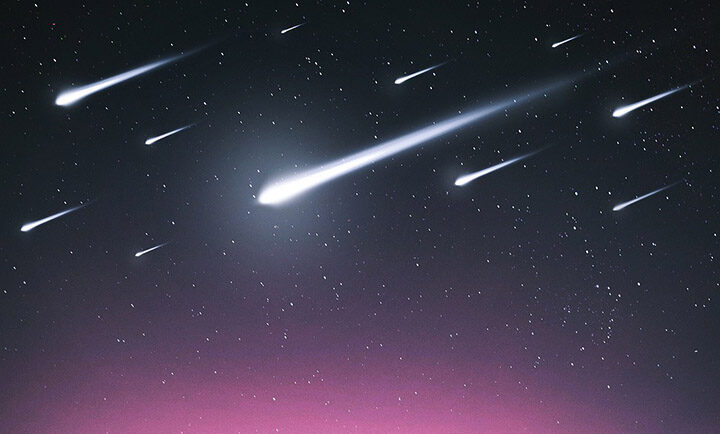
Meet 21 exceptional students from seed science programs across the U.S., driving innovation and addressing agriculture’s biggest challenges.
University seed labs and seed science programs are integral components of seed research and education in the United States. Many universities across the country have dedicated facilities and academic programs focused on seed science, reflecting the important role seeds play in global food security, crop innovation and sustainable agriculture. From institutions like Iowa State University and Colorado State University to Cornell, North Carolina State University and more, these programs foster a multidisciplinary approach to seed research, encompassing genetics, plant breeding, seed pathology and biotechnology.
These seed labs and programs serve as hubs of innovation and education, preparing the next generation of professionals to address challenges such as climate change, pest resistance and the demand for higher crop yields. Universities often collaborate with industry partners, government agencies and international organizations, ensuring their research remains relevant and impactful. The breadth and diversity of these programs underscore the United States’ leadership in seed science, with students and researchers making groundbreaking contributions to agriculture both domestically and globally.
I reached out to professors at universities across the United States to identify exceptional students in seed science programs, and the response was truly inspiring. The creative and groundbreaking work these students are pursuing is a testament to their brilliance and dedication. They represent a vital part of our industry—not just in the future, but here and now. I was just going to feature 20 students, but could not narrow it down further than 21
As you read through these profiles with summarized comments from the nominators, organized alphabetically, I hope you’ll be as encouraged as I am by their passion and potential. If you know any of these remarkable individuals, take a moment to congratulate them. Encourage them as they carve out their paths and prepare to make meaningful, lasting contributions to the seed value chain.
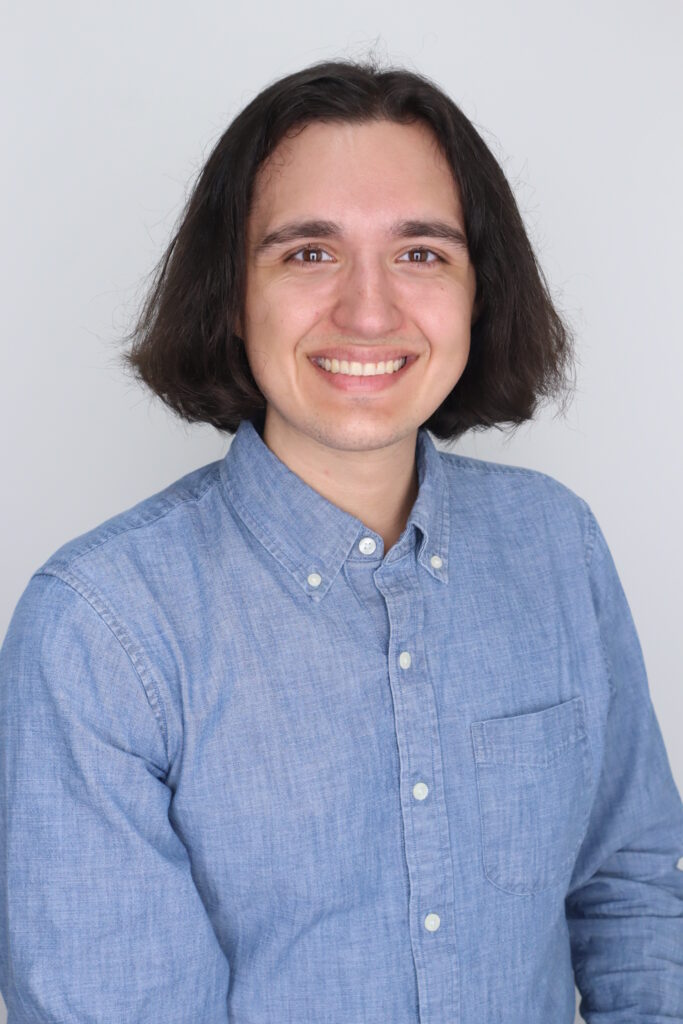
Grant Billings – North Carolina State University
Billings, a Ph.D. student in plant breeding, is driving innovation in cotton breeding through genomic selection. He has spearheaded efforts to integrate genomic selection across public cotton breeding programs, securing multiple NIFA grants and establishing a new genotyping platform. His work includes developing a pangenome for foundational materials, conducting genome-wide association studies on historical cotton germplasm, and identifying trait-associated markers to advance breeding strategies.
A 2022 NAPB Borlaug Scholar, Billings has earned recognition for his presentations at the Cotton Beltwide Meetings and NCSU Research Symposium. He has also served as president of the NCSU Plant Breeding Club, organizing two Plant Breeding Symposiums with industry sponsorship. His leadership and research excellence position him as a standout in the field of plant breeding.
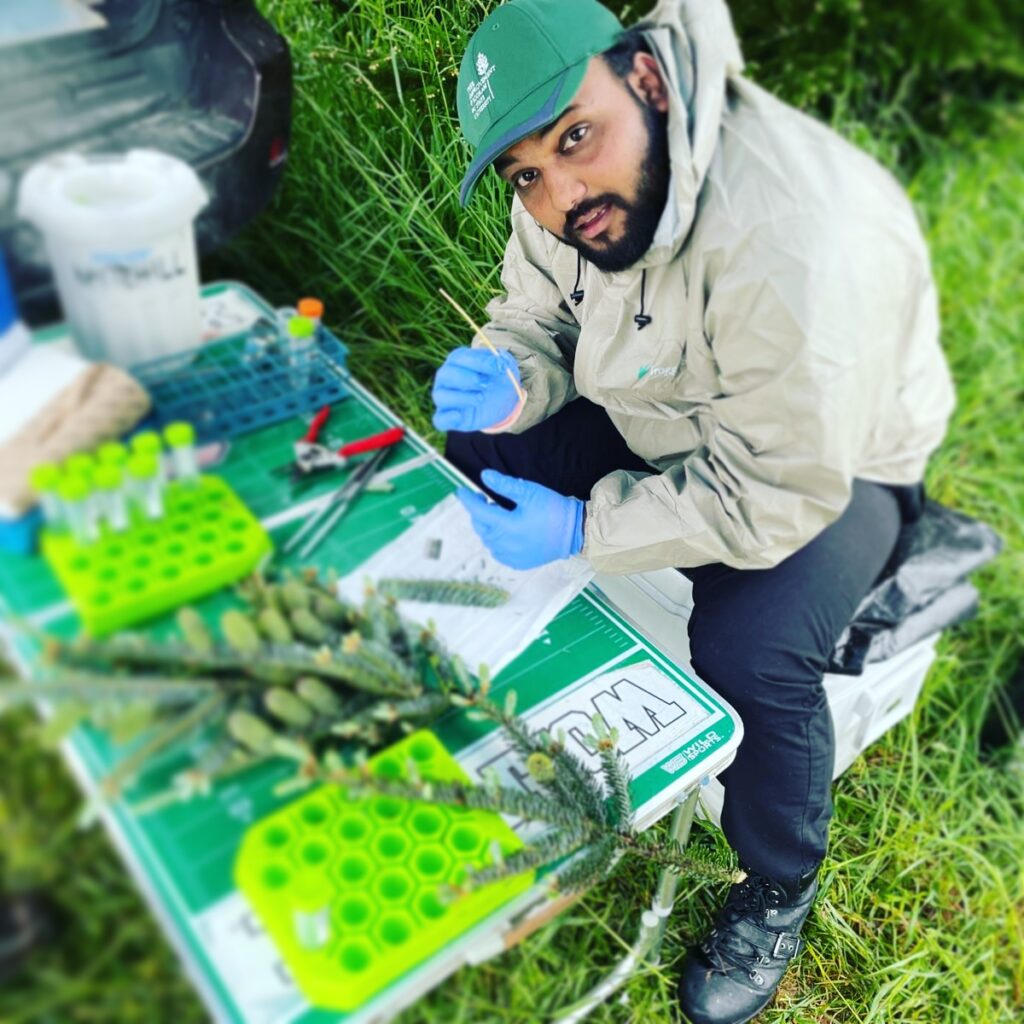
Adarsha Devihalli – North Carolina State University
Devihalli, a Ph.D. student, is advancing forest health through groundbreaking research on Phytophthora root rot in Fraser fir. Pursuing a dual major in forestry and genetics with a 3.93 GPA, he has achieved milestones like sequencing the pathogen’s genome — an industry first in North America — and generating key transcriptomics data for fir species.
He combines molecular biology, microscopy, and genomics to address complex biological interactions, with results expected to yield multiple first-author publications. A skilled educator, he assists in teaching forest health courses and leads outreach efforts with the North Carolina Christmas Tree Association and high school programs. Devihallki’s dedication and innovative research make him a standout in plant genetics and forest health.
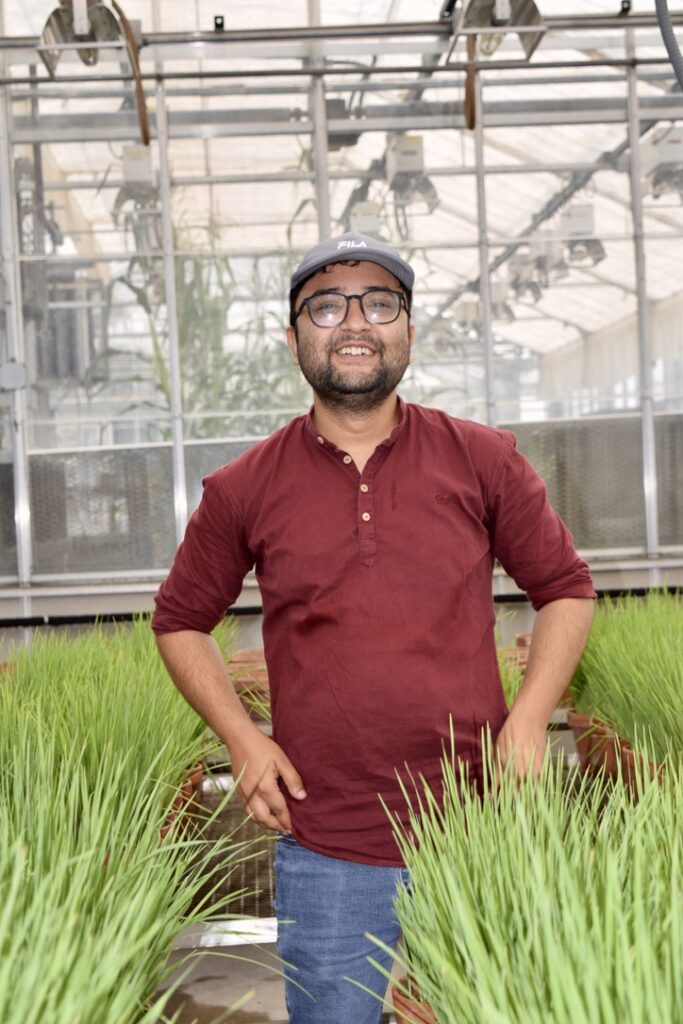
Anup Dhakal – University of Illinois
Dhakal, a Ph.D. student in Crop Sciences at the University of Illinois, is revolutionizing oat breeding. He began his journey in 2021 as a master’s student, earning a 4.0 GPA and publishing his groundbreaking research in The Plant Genome. His work developed a custom grain imaging platform to extract morphological features for genomic selection models, transforming evaluations of oat milling quality.
Dhakal focuses on improving beta-glucan content in oats, a soluble fiber recognized by the FDA for its cardiovascular benefits. His research employs genomics, phenomics, and statistical modeling to uncover genetic responses to heat stress and develop oat varieties resilient to global warming. Dhakal’s innovative approach promises a significant impact on the oat community.
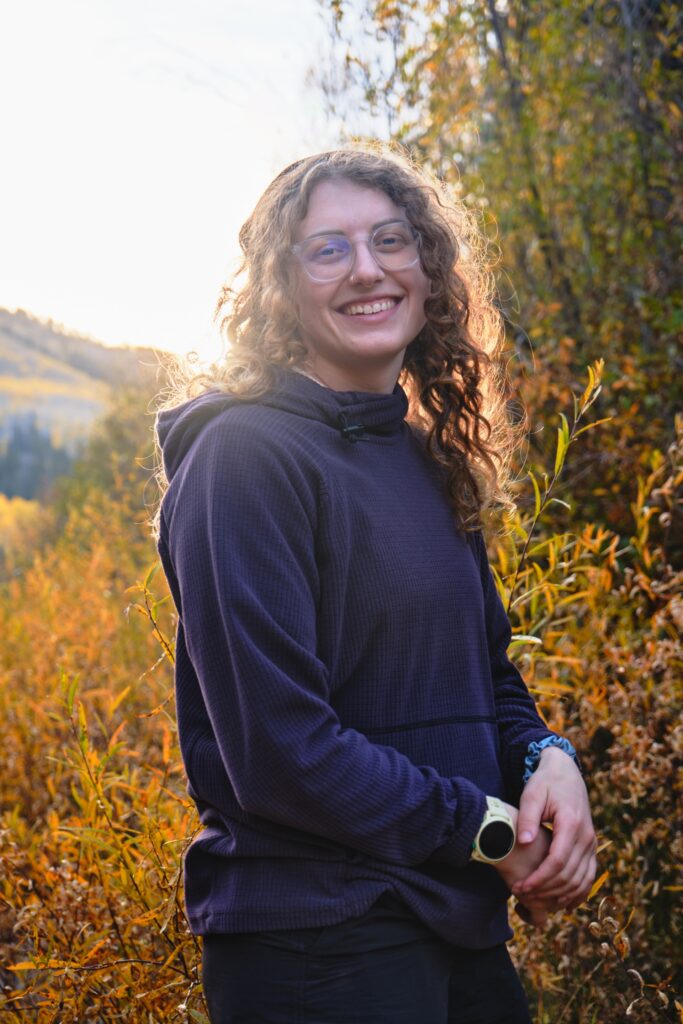
Mik Hammers – Colorado State University
Hammers, a Ph.D. student, combines genetics, genomics and machine learning to address critical challenges in wheat production. Building on her master’s research, which explored wheat breeding and physiology (The Plant Phenome Journal, 2022), she now focuses on mitigating the impact of wheat stem sawfly, a major pest in the Great Plains. Her innovative approach integrates cutting-edge tools to develop solutions that support sustainable wheat production.
Beyond her research, she demonstrates strong leadership and community engagement. She serves on CSU’s Rams Against Hunger Food Security Council, the Growing Food Security Leadership Team, and played a key role in organizing the 2024 Corteva Plant Science Symposium. Her dedication to impactful research and service makes her a standout in the wheat breeding community.

Weilong He – North Carolina State University
He, a Ph.D. student in biological and agricultural engineering, is transforming precision agriculture with AI-driven tools for seed science and crop phenotyping. His research includes a smartphone app for detecting mechanical damage in cotton seeds, enabling farmers to assess seed quality and optimize seeding rates with 97% accuracy. Results from this project are under review in Computers and Electronics in Agriculture.
He also developed innovative phenotyping systems, such as a maize leaf azimuth measurement tool and a robotic platform for monitoring tomato disease severity, both of which accelerate breeding for improved crops. An award-winning mentor and team leader, he received the 2024 Norma L. Trolinder Graduate Student Endowment Award. His work advances agricultural sustainability by bridging cutting-edge technology with practical applications for farmers and breeders.
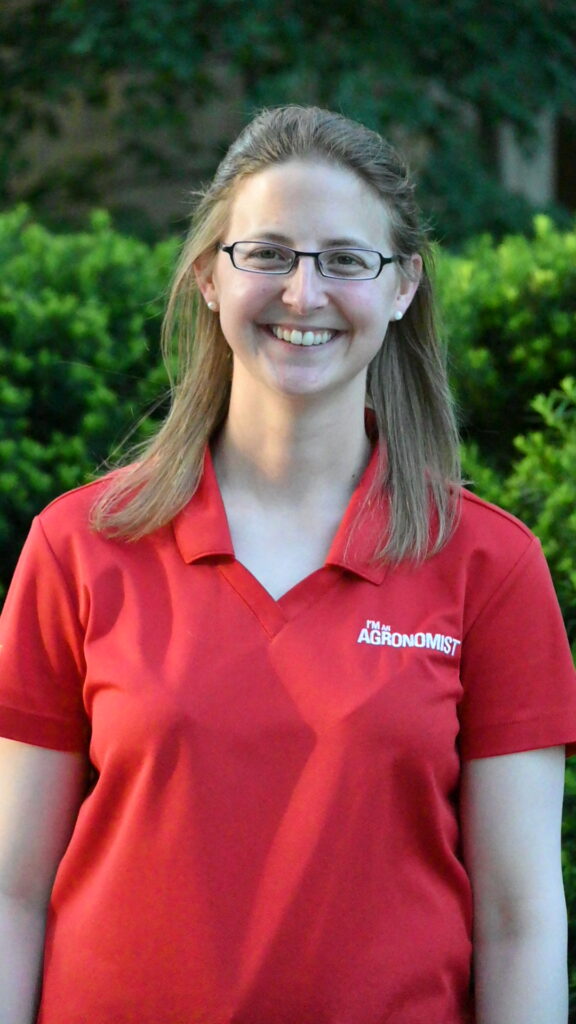
Sarah Jones – Iowa State University
Jones, a Ph.D. candidate in plant breeding, is an innovative researcher with expertise spanning over 12 crops. Her master’s degree work at ISU pioneered machine learning methods for early disease detection, producing foundational publications. Now, her research focuses on drought response in soybeans, leveraging advanced sensor phenotyping and machine learning to develop resilient varieties.
Her achievements include prestigious honors such as the National Association of Plant Breeders Borlaug Scholar Award and ISU’s Outstanding Graduate Student Award. She is a dedicated mentor, having guided numerous students, and a leader, serving as president of the plant breeding graduate student organization. Jones’ blend of technical expertise, leadership, and commitment to advancing agricultural sciences makes her an exceptional candidate for recognition.
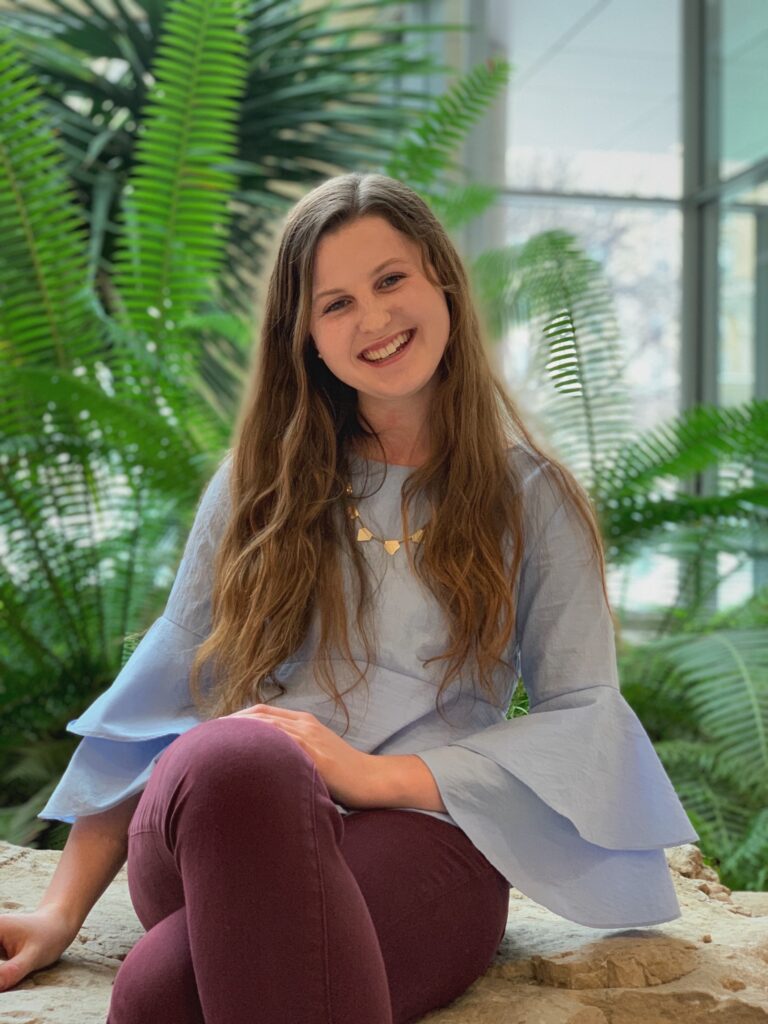
Caitlin Kestell – North Carolina State University
Kestell, a Ph.D. student in crop and soil sciences, is making innovative strides in agricultural biotechnology. Her research focuses on mitochondrial genome editing to explore novel agronomic traits, including cytoplasmic male sterility (CMS) for hybrid seed production and a seedless fruit phenotype with applications for crops like tomatoes, blackberries, and muscadine grapes. She has successfully developed a complete three-line hybrid seed production system in tobacco and validated the seedless phenotype in tomatoes, advancing innovations with significant commercial potential.
She was accepted into NCSU’s prestigious Genetics and Genomics Scholars program. Beyond her research, she is deeply committed to outreach, volunteering at science events and schools to inspire young learners and serving as a camp counselor for underrepresented high school students through the “Howling with CALS” program. Kestell’s scientific achievements, leadership, and dedication to STEM education position her as a future leader in agricultural research and biotechnology.
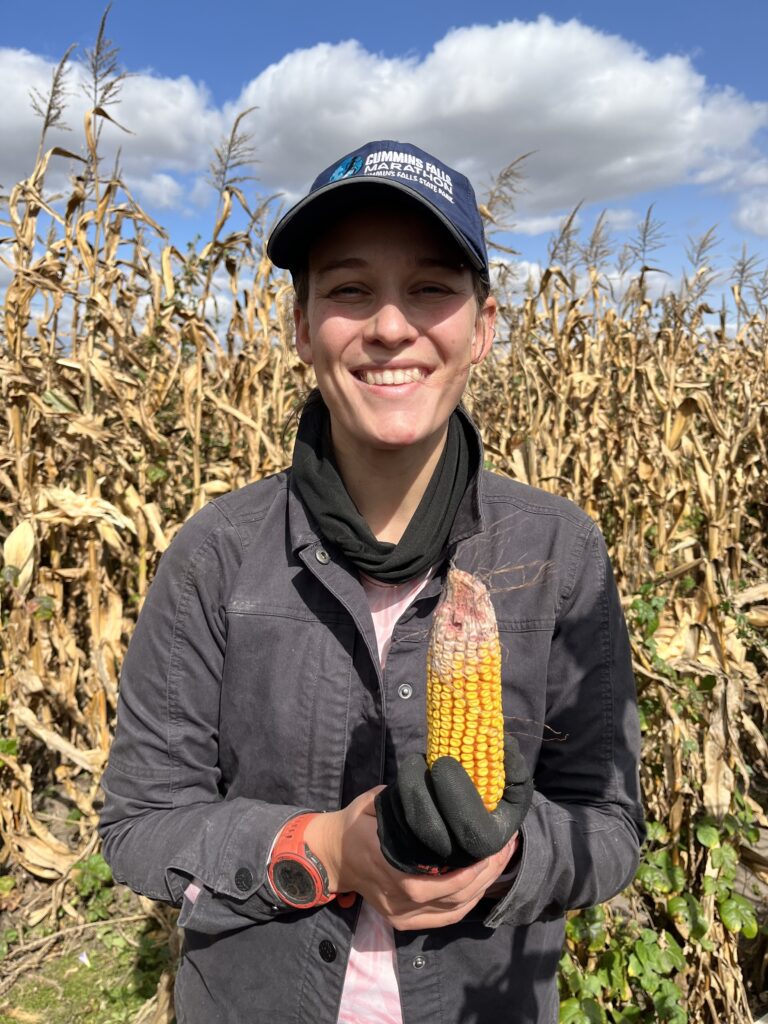
Sarah Lipps – University of Illinois
Lipps, a Ph.D. student in plant pathology, was recognized as a 2024 National Corn Growers Association Research Ambassador for her ability to bridge science and public engagement. She excels not only in conducting innovative research but also in effectively communicating its broader impacts to non-scientific audiences. Her leadership and dedication to advancing agricultural research have significantly contributed to her department and graduate program.
Her research focuses on improving genetic resistance to Gibberella ear rot (GER) in maize, a global challenge due to its impact on yield and grain safety. She is identifying genomic regions associated with GER resistance, analyzing the role of plant secondary metabolites, and studying how environmental factors influence disease distribution. By uncovering new insights into the genetic and biochemical mechanisms of GER resistance, her work aims to enhance breeding strategies and develop effective management approaches for this critical disease.

Derrick Mayfield – Iowa State University
Mayfield, a Ph.D. student in plant pathology, has been a cornerstone of the Seed Science Center since 2009. His leadership in the Seed Pathology and PCR testing labs has expanded seed health testing capabilities, including developing protocols for key pathogens like pospiviroids and tobamoviruses, driving a yearly increase in samples tested.
A dedicated mentor and educator, he teaches plant pathology courses and leads National Seed Health System workshops, inspiring students and professionals with his passion for the field. His research focuses on advancing PCR-based seed health testing methods, ensuring the Seed Science Center remains a leader in plant disease diagnostics. Mayfield’s expertise and dedication make him a standout in plant pathology.
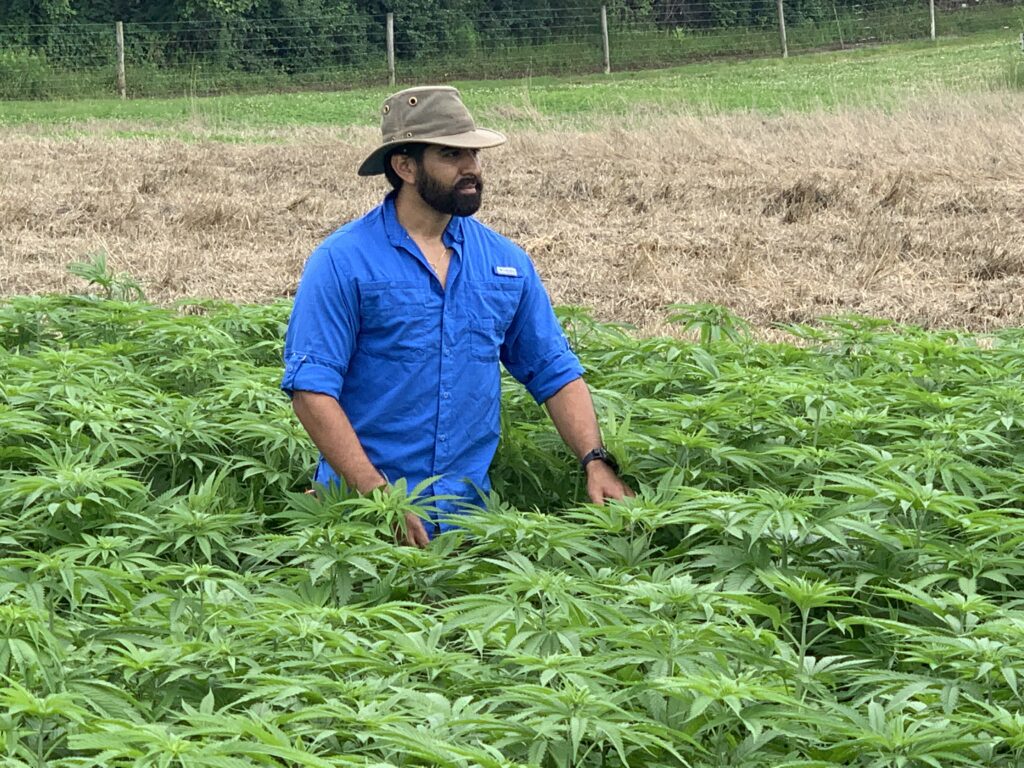
Luis Monserrate – Cornell University
Monserrate, a Ph.D. candidate, is advancing hemp breeding by combining historical insights with modern genomics to develop groundbreaking cultivars for grain and fiber. His work focuses on breeding hemp for large seed size and low THC content, demonstrating that larger seeds improve germination rates, early establishment and weed competition. He has also created genetic mapping populations to identify genes controlling seed size and quality traits.
A skilled communicator and mentor, he has been the lead presenter at Cornell Hemp Field Day for two consecutive years and has guided undergraduate interns to produce award-winning research. He excels in fieldwork, lab techniques, and bioinformatics, effectively managing a team for field trials and post-harvest processing. His passion for impactful research and his dedication to growers make him a future leader in plant breeding and the hemp industry.
The post Rising Seed Stars in 2025 appeared first on Seed World.